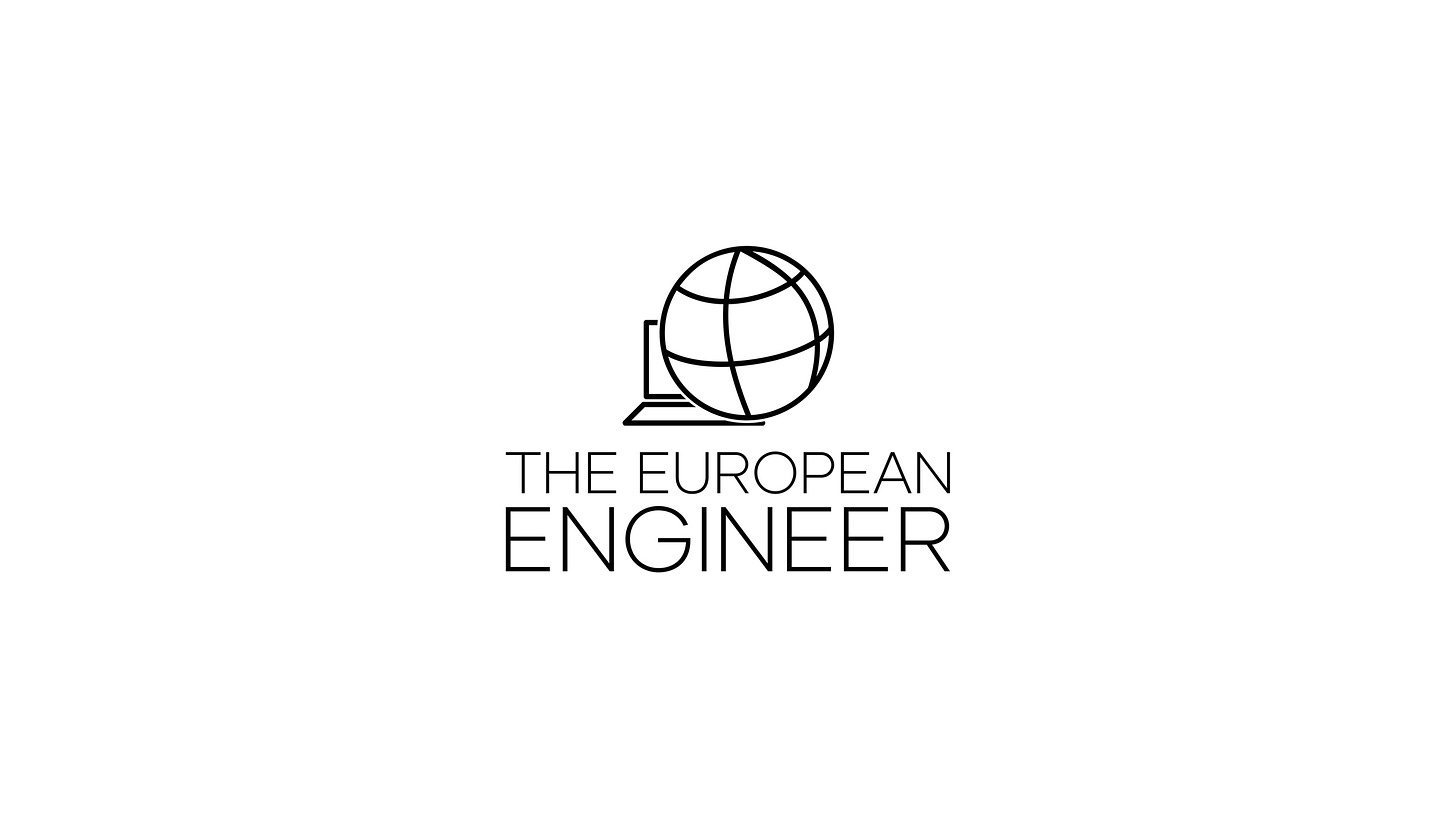Career success is a tricky topic.
If you just follow the blueprints that are given to you by the “authorities” around you - schools, employers, managers, etc - you’ll definitely achieve something, but probably there are better ways.
In today’s article, we’ll explore a little bit what these “default blueprints” are, what can be done about it, and how to find a great balance regarding achieving something in a sustainable and smart way.
European engineering students play career in hard mode by optimizing for grades instead of internships.
I’m not saying studying is stupid.
I’m just saying: Getting good grades ≠ getting relevant skills.
European universities—in some countries more than others—are inefficient, and you spend a lot of time on things of dubious relevance.
If you also aim for high grades, you'll likely end up with no time for internships.
Instead of cutting down on things that are important in life like dating, going out, exercising, etc...
I recommend you cut down on grades 😅
Here’s what you can do instead:
Learn the most useful and interesting parts of your degree.
Ignore grades (just make sure to pass).
Invest in life experiences.
Do internships—they’ll have a huge impact 🙏 🚀 📈
Jumpstart your career.
After school? Watch out for the “promotion game”
Chances are, you've been “lied” to about promotions.
Many people focus on:
Pleasing their boss
Working hard
Getting promoted
Others do it differently. They:
Take ownership of their career
Learn valuable skills
Constantly assess opportunities in the market
If you think about it, career satisfaction comes from:
Personal growth
Impact and recognition
Ownership and freedom
Remember: Your relationship with your employer is transactional.
It’s your job to make sure you're getting a good deal for your hard work.
Invest in your career management.
With that said, you still need to put in the work.
I talked about how hard work alone isn’t enough for career success.
I emphasized the importance of having a career strategy.
But having a strategy doesn’t mean looking for shortcuts—because there are no shortcuts.
There are:
Bad career plans
Better paths
Excellent paths
Then there’s luck.
Then there’s resilience.
Then there’s work.
It’s obvious, but easy to forget:
If you want a great dev role, you need to be a great dev.
To be a great dev, you need to become one.
To become one, you need to study and gain experience.
The more work you put in, the faster you’ll get there.
The better environments you place yourself in, the better the quality of your learnings.
Bottom line: You can’t shortcut your way to a six-figure tech job in Europe.
Everything is earned.
Your real leverage
We’ve discussed how basically in the end there’s a machine with:
Work as input
Career results as output
We talked about how, while a certain degree of work is undoubtedly required, there are more and less efficient implementations of such a “machine”.
We talked about how it’s more efficient - or “smarter”- to focus on internships instead of grades as a student.
Or how one should watch out for the “promotion games” employers and managers set up to get you to work more, and instead regularly grow and assess their skillset with the market, looking for the best deals out there.
The keyword here is information.
The more informed you are, the more efficient of a “career machine” you can create for yourself.
Information is a competitive advantage, and, unfortunately, nowadays competition for devs in Europe is at the highest.
Here’s how things changed in the last 10 years:
2015:
Get good grades.
Graduate on time.
If you're lucky, join big tech. Otherwise, a regular company.
Stay in that same job for a decade.
2025:
Everyone knows about big tech.
Everyone knows about Switzerland.
Everyone wants flexible and remote work conditions.
Software Engineers in Europe used to have it in hard mode.
They had to be lucky - right place right time - to get a great career.
Nowadays there's a lot of info out there.
Everyone knows the basics.
Knowledge is power. And you should invest some energy and effort into making sure you’re on top of the game.
Luckily, you’re already subscribed to this newsletter, which I believe is the best and most efficient way to stay on top of things as a dev in Europe at the moment. :)
Whenever you're ready, there are 2 ways I can help you:
Euro Top Tech Jobs: 4000+ top paying tech jobs in Europe in addition to 50+ fully-remote companies paying $100-600k per year and private guides like this one.
Coaching Program: Check it out if you want to work 1:1 with me to boost your career as a dev in Europe or remote.




